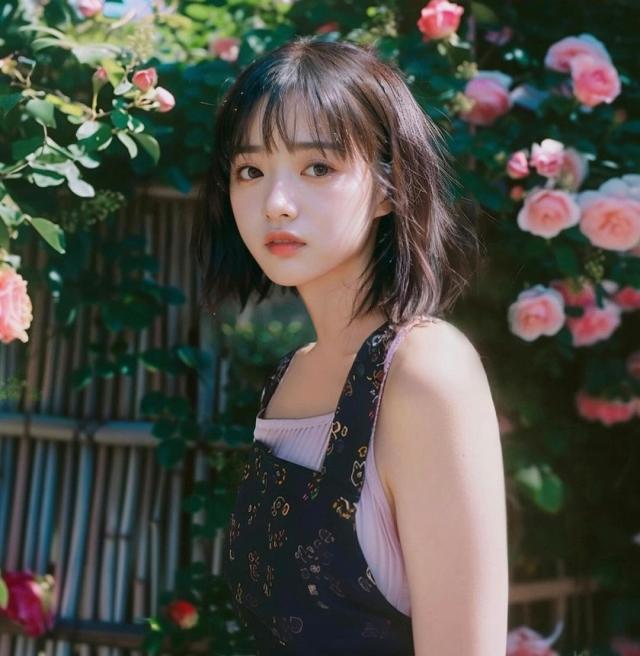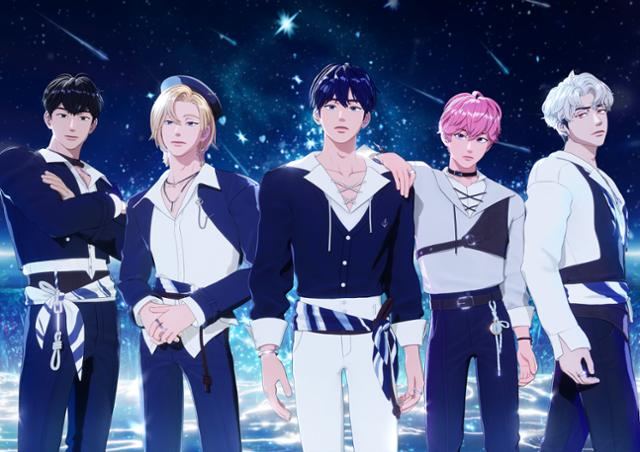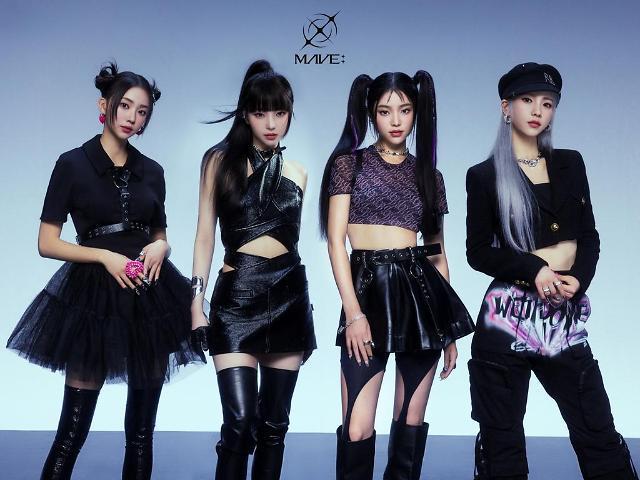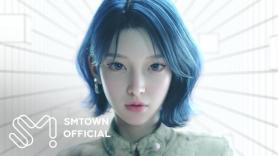
"These idols are less constrained by time and space," Kim Kwang-jib, CEO of tech startup Studio Meta-K, the developer of iaaa, said. "They are also free from controversies such as past school violence and driving under the influence, which is a big advantage over human idols."
Standing at 173 centimeters tall and stunningly photorealistic, the 21-year-old virtual songstress debuted on April 7. She is the inaugural member of Studio Meta-K's digital girl group "Season."
The company, originally a drama series production firm specializing in visual effects technology, is expanding into the burgeoning business of virtual humans. It plans to debut the AI-powered group’s second member in July.
Powered by technological advancements that render virtual humans increasingly lifelike, several digital creations such as iaaa are carving out their own space in the K-pop spotlight.
At the forefront of the virtual stardom is PLAVE, a five-member boy band formed by entertainment agency Vlast.
PLAVE, which debuted in March 2023, dropped their first mini-album "ASTERUM: The Shape of Things to Come," in August. It sold 200,000 copies in the first week of release. In February, their second mini-album "ASTERUM: 134-1" sold 560,000 copies in the first week. The virtual group also topped the weekly chart of MBC's music program "Show! Music Core" in March, beating top K-pop female artists Le Sserafim and BIBI.
MAVE:, a four-member virtual girl group created by game publisher Netmarble, has also made waves. The group debuted in January 2023 and has racked up around 29 million views on YouTube with the music video for its dance song "Pandora."
Among the latest entrants are DeepMind Platform's three-member virtual girl group PINKVERSE, which debuted in late May, and PULSE9's IITERNITI, who performed at the United Nations "AI for Good Global Summit" in Geneva on May 31.

K-pop’s biggest labels are also taking note.
SM Entertainment developed digital avatars for its popular girl group aespa, to provide unique online content and interact with fans in more diverse ways.
SM and another powerhouse, JYP Entertainment, are also jumping on the virtual entertainment bandwagon in collaboration with Studio Meta-K.
"We are working on a virtual artist project with SM Entertainment," Studio Meta-K's chief producer Bae Ju-hyun said. Their joint project has been selected for the Gyeonggi Content Agency’s support program.
JYP Entertainment, home to groups like TWICE and Stray Kids, has also reached out to Studio Meta-K regarding potential virtual artist collaborations, she said.

Meanwhile, online music platform Genie Music has partnered with Parable Entertainment to develop and promote virtual idols.
Earlier this month, the company, affiliated with major telecom operator KT, partnered with Parable Entertainment to jointly pursue virtual artist projects. Parable is the agency of another famous virtual female band, Isegye Idol. The six-member group debuted in December 2021. Genie Music plans to carry out projects such as album production and music production utilizing Parable's virtual artists.
The trend has also reached traditional media and advertising. In May, the state-run television network KBS piloted "Synchro You," a variety show challenging studio audiences to differentiate between AI singers and their human counterparts. It will become a regular program in the second half of this year.
In 2021, Shinhan Life Insurance chose virtual influencer Rozy as the face of its brand in advertisements. In the same year, Lotte's home shopping channel took a similar leap, featuring virtual model Lucy as a show host.

One of the advantages of digital personalities may be lower production and maintenance costs compared to flesh-and-blood counterparts.
Studio Meta-K said the development of iaaa cost the company 200 million won ($143,716), a fraction of the funding needed to produce a human idol group.
"In the long term, with production and operating costs potentially reduced, it could become easier for small and medium-sized entertainment companies to enter the market," said Korea AI Content Association (KACA) President Kim Ki-dong.
Digital personalities never age, do not need to rest, and are free from ethical issues that often doom human entertainers. Their ability to operate without time and location constraints appeals to entertainment companies seeking to maximize profits.
“The biggest difference with human idols is that virtual artists face fewer physical and spatial limitations, allowing for flexible scheduling in content production,” Studio Meta-K CEO Kim said.
As virtual performers continue to gain traction, the industry faces daunting challenges, including questions of authenticity and difficulties in creating an emotional bond with fans, which is regarded as one of the key elements of successful K-pop groups and cannot be easily replicated by AI.
"There may still be limitations in their direct communication with actual idols and offline events," said KACA head Kim. "Additionally, fans who value authenticity in real human celebrities may feel reluctance towards virtual idols due to concerns about their authenticity."
Despite rapid technological advancements, creating truly convincing virtual humans remains a challenge.
Unlike many other virtual humans developed solely based on deepfake technology, which composites images and voice recordings, iaaa incorporates 3D technology to create more realistic and expressive images. In contrast to traditional 2D AI humans designed for frontal views, 3D avatars feature detailed implementations of clothing, hair and movements from various angles.
But digital creations still struggle to overcome the uncanny valley effect – a phenomenon where human-like objects that imperfectly resemble real humans evoke discomfort or repulsion in viewers. A report by the Korean Association of AD & PR highlighted the issue, suggesting that advertisements featuring virtual artists could potentially trigger negative reactions in consumers due to the phenomenon.
Despite such challenges, Studio Meta-K is optimistic about the virtual artist business. "As technology continues to advance, robot makers are creating products that are hard to distinguish from humans," the company's chief producer Bae said. "We also aim to achieve such quality in our virtual human projects. If we can describe the essence of a human being, beyond just imitating humans, the sense of discomfort might decrease."
Copyright ⓒ Aju Press All rights reserved.



![[K-Tech] Krafton brings real-time AI to its virtual world at Gamescom 2025](https://image.ajunews.com/content/image/2025/08/21/20250821094933774746_278_163.jpg)
